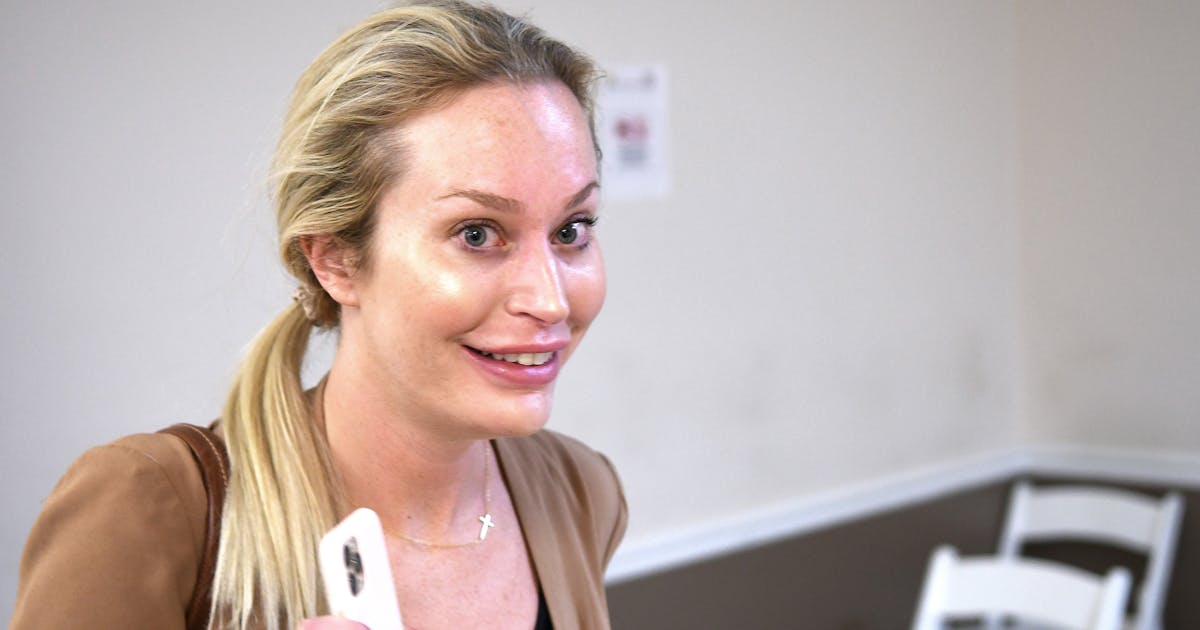Farb
Mostly Peaceful Poster
Offline
Didn't really see a place for this so I thought I would start a thread about all things LGBTQ since this is a pretty hot topic in our culture right now
https://www.cnbc.com/2021/06/17/sup...y-that-refuses-to-work-with-lgbt-couples.html
I will admit, I was hopeful for this decision by the SCOTUS but I was surprised by the unanimous decision.
While I don't think there is anything wrong, per se, with same sex couples adopting and raising children (I actually think it is a good thing as it not an abortion) but I also did not want to see the state force a religious institution to bend to a societal norm.
https://www.cnbc.com/2021/06/17/sup...y-that-refuses-to-work-with-lgbt-couples.html
- The Supreme Court on Thursday delivered a unanimous defeat to LGBT couples in a high-profile case over whether Philadelphia could refuse to contract with a Roman Catholic adoption agency that says its religious beliefs prevent it from working with same-sex foster parents.
- Chief Justice John Roberts wrote in an opinion for a majority of the court that Philadelphia violated the First Amendment by refusing to contract with Catholic Social Services once it learned that the organization would not certify same-sex couples for adoption.
I will admit, I was hopeful for this decision by the SCOTUS but I was surprised by the unanimous decision.
While I don't think there is anything wrong, per se, with same sex couples adopting and raising children (I actually think it is a good thing as it not an abortion) but I also did not want to see the state force a religious institution to bend to a societal norm.



